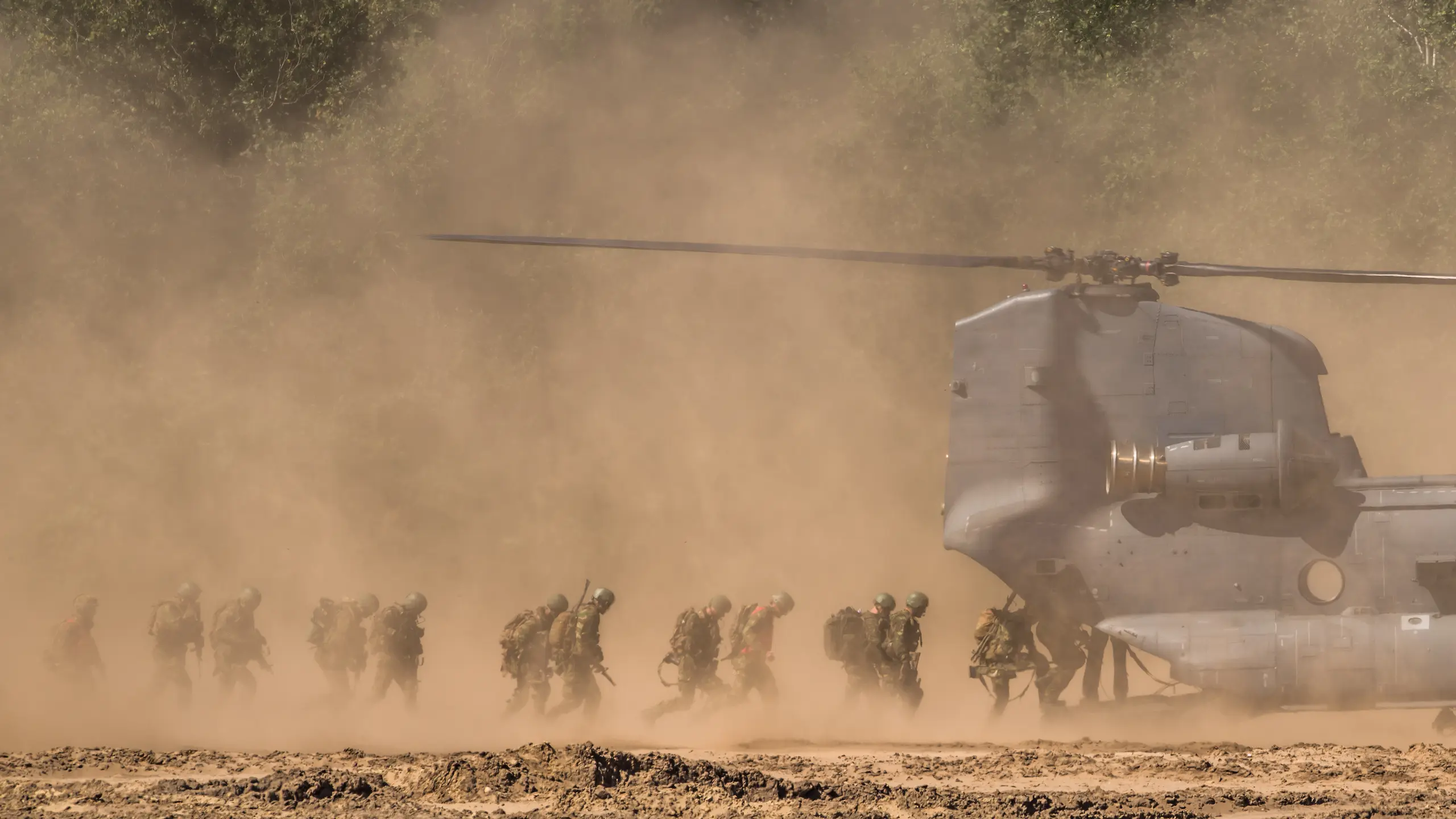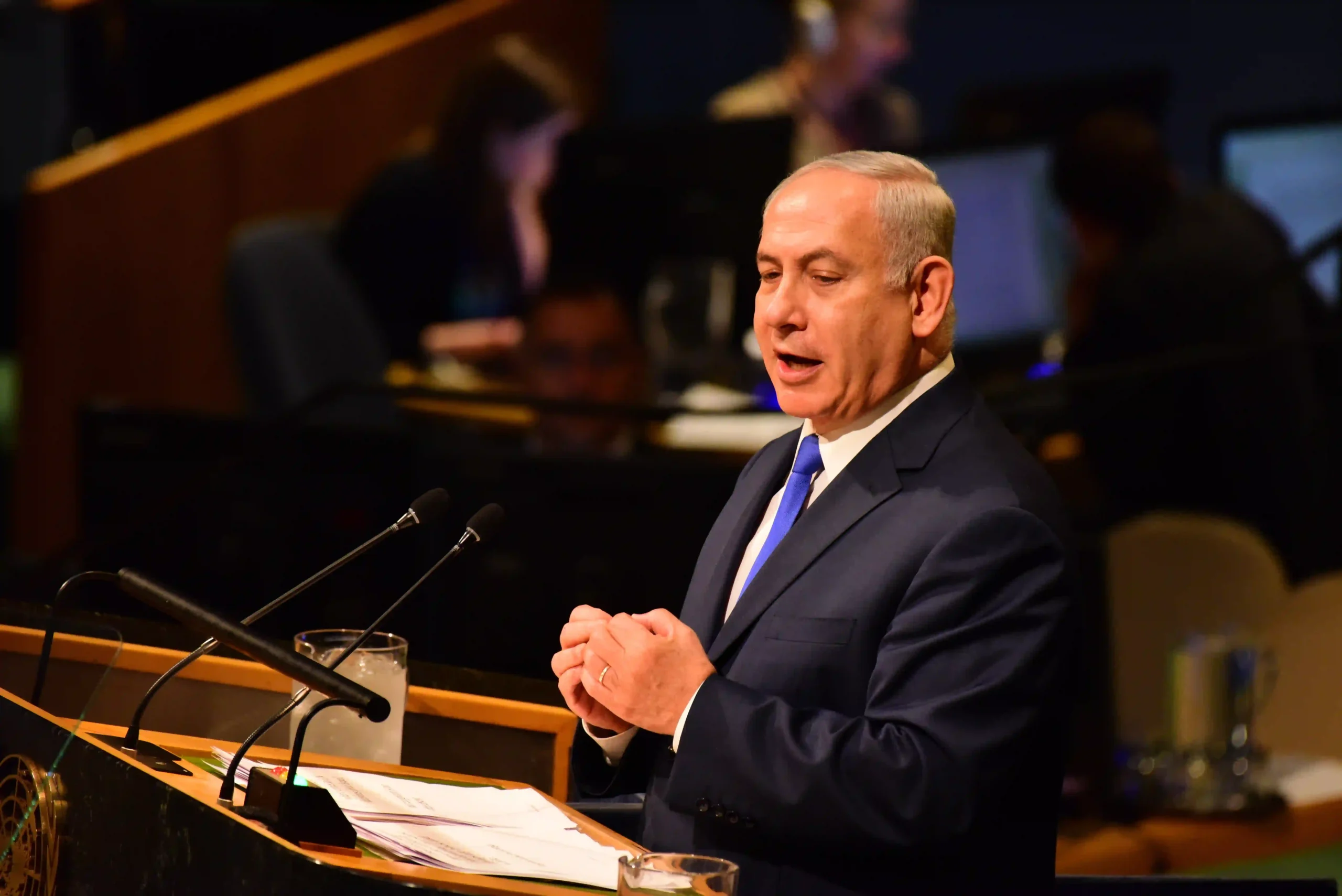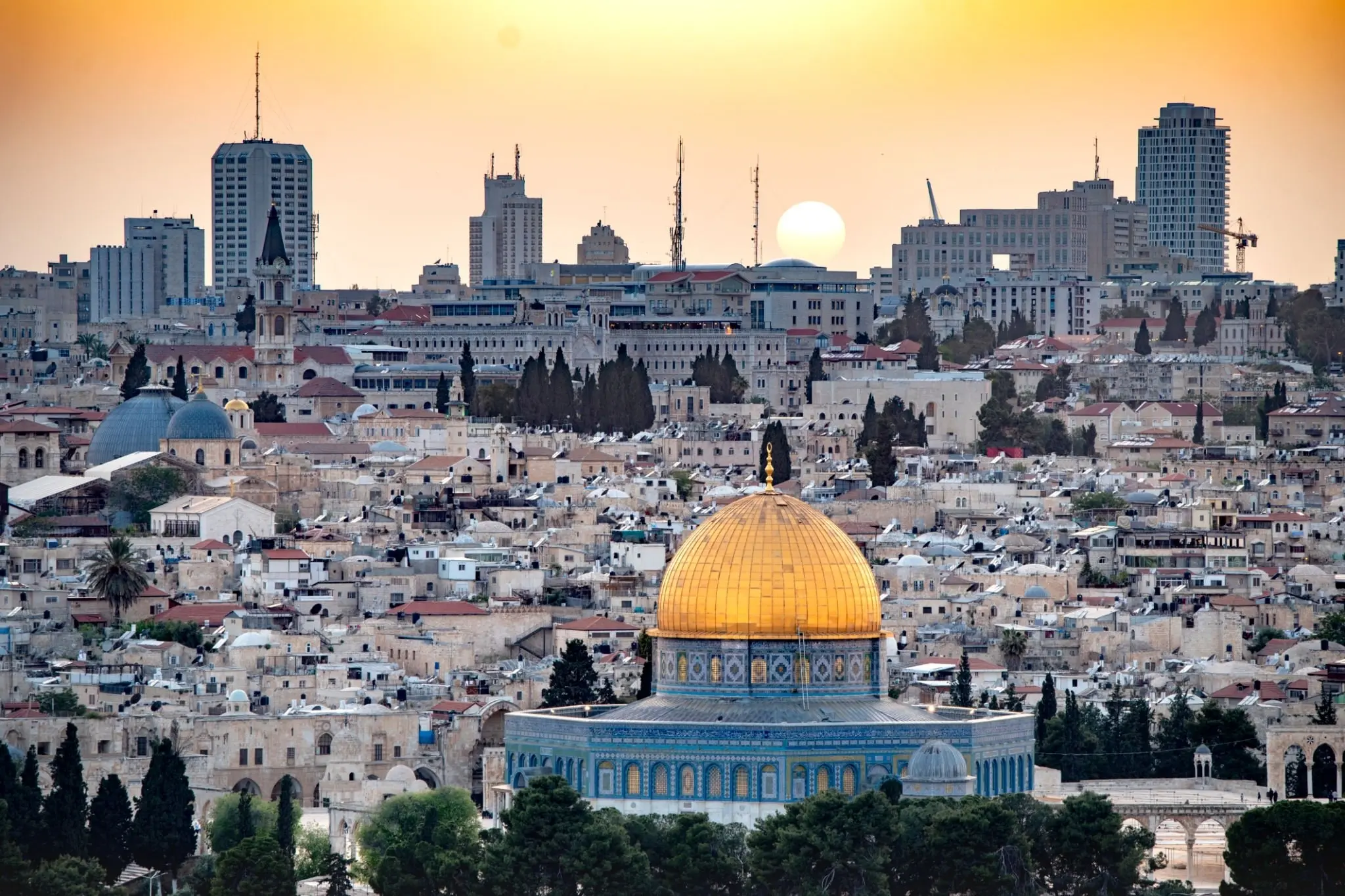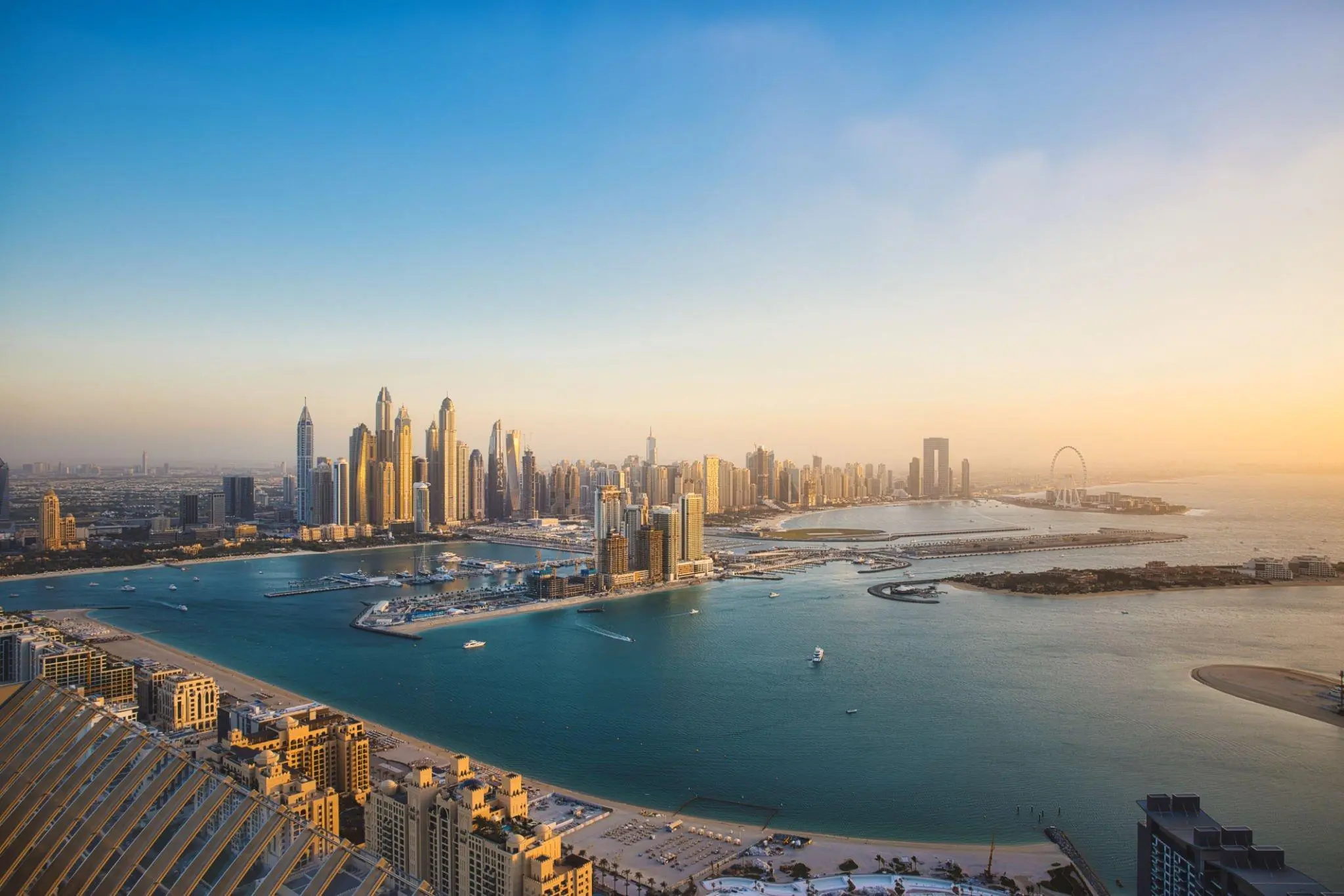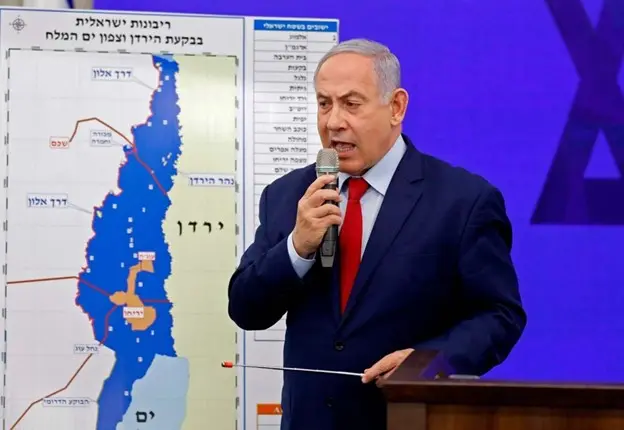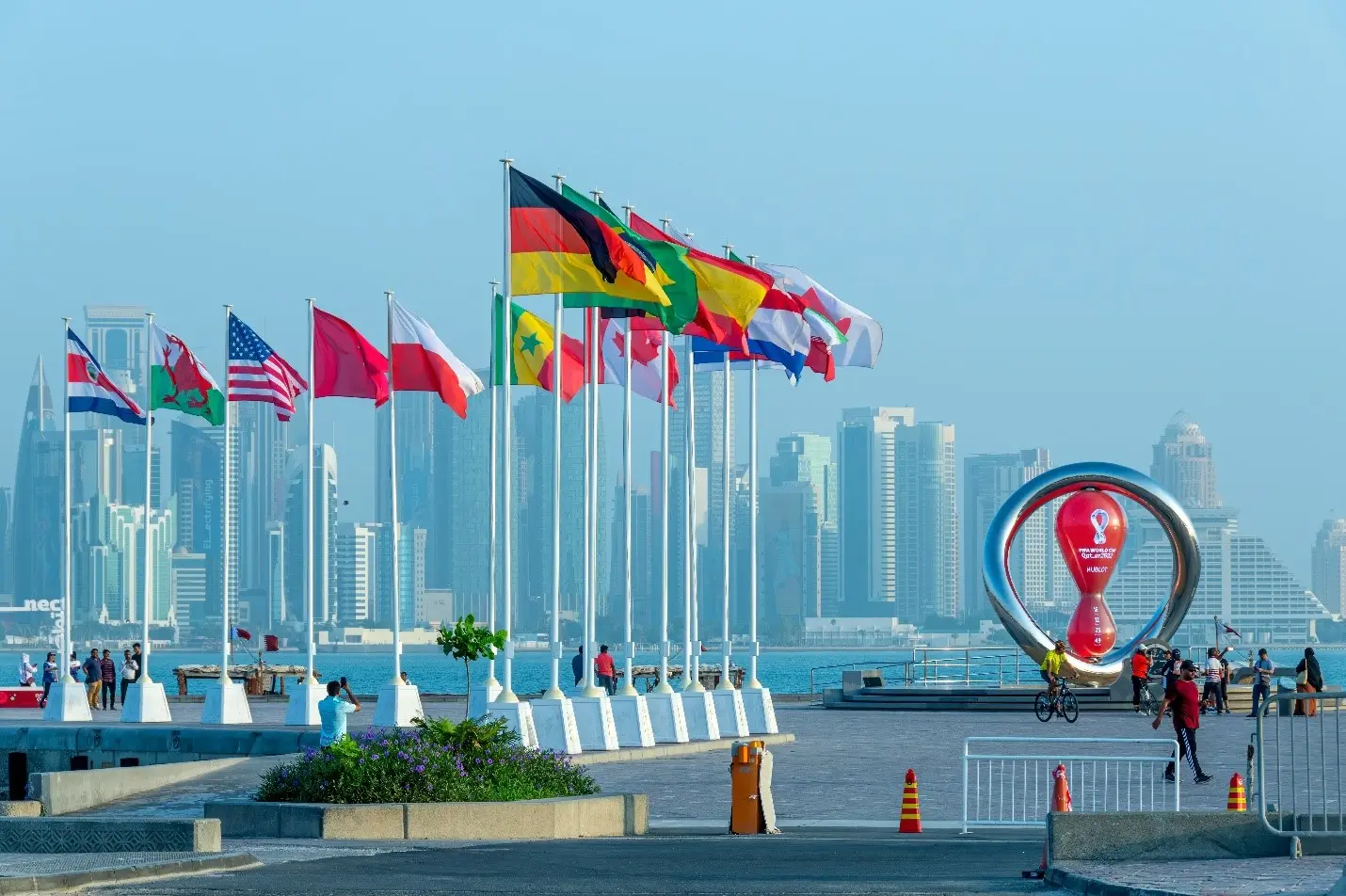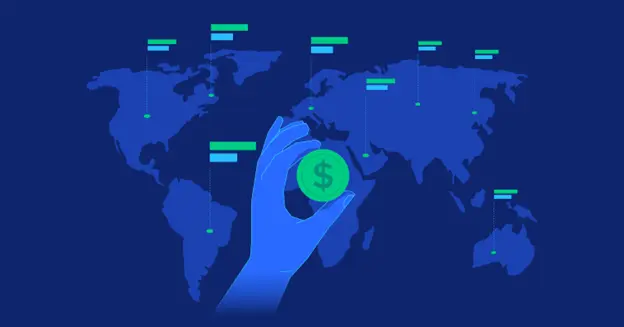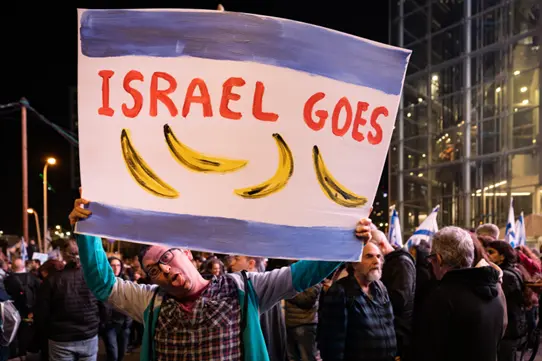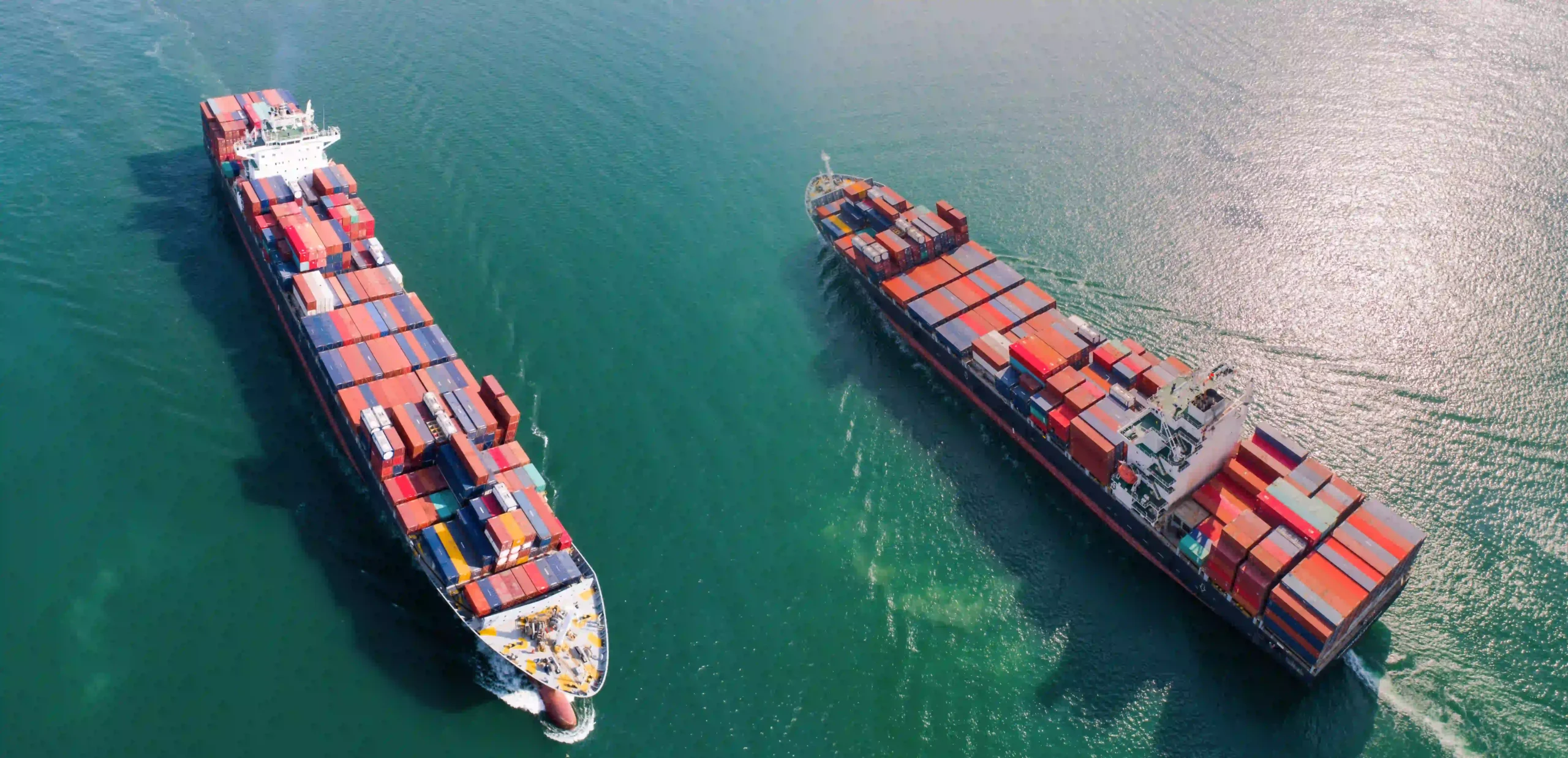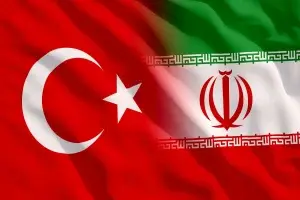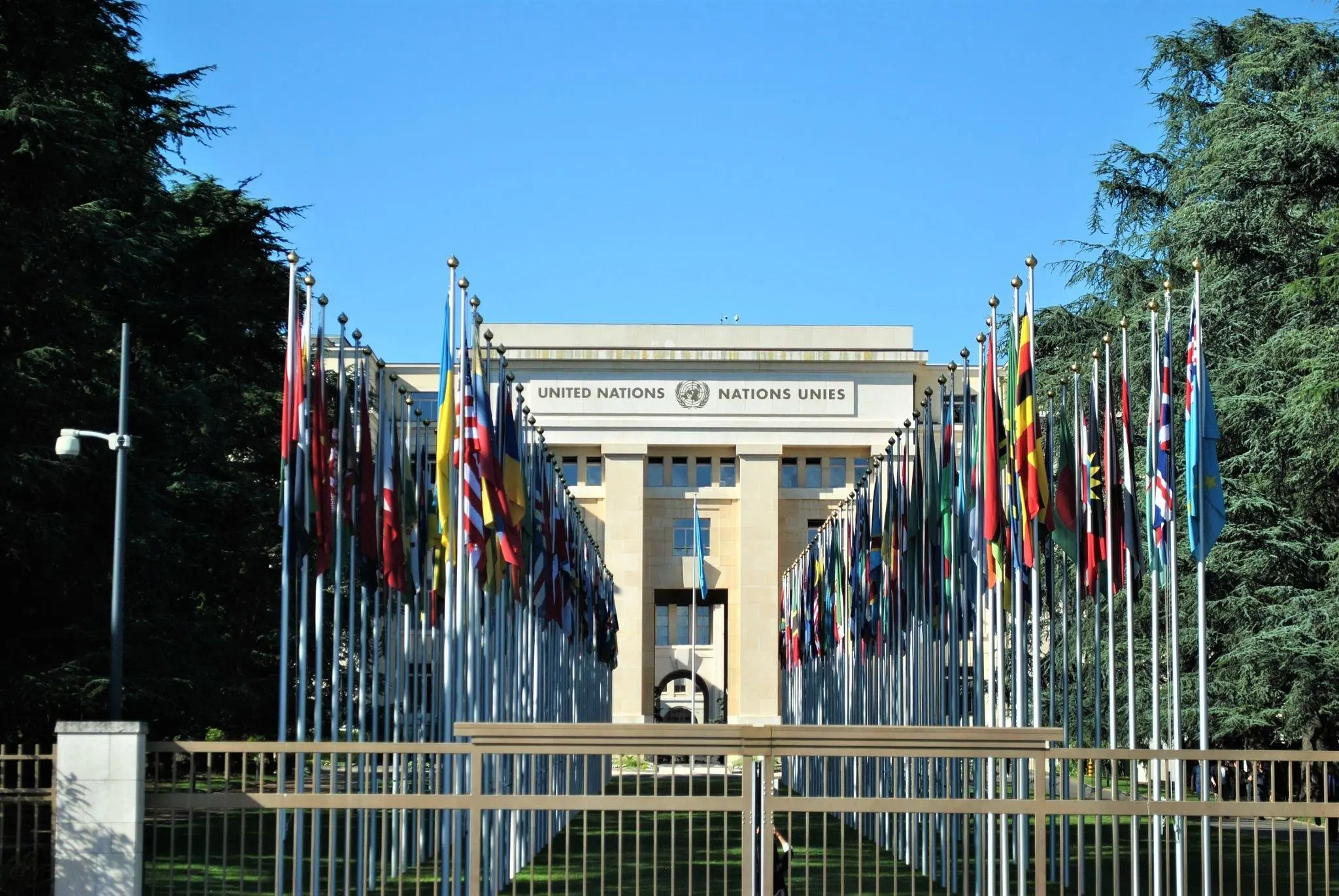18 Oct 2023
Hannibal Protocol: Will Israel Burn Hamas’s Leverage?
The emergency government of Israel has taken decisive steps, announcing its intent to declare war and initiate comprehensive ground invasion preparations in response to the recent incursion by Palestinian factions on October 7, 2023. This incursion targeted over 20 locations surrounding the Gaza envelope. It resulted in the capture of numerous Israeli soldiers and officers stationed along the front lines in the Gaza Strip's secure zones. The present prisoner crisis is one of the most severe episodes in the long history of confrontations between Israel and Palestinian factions.
27 Sep 2023
Netanyahu and the Art of Storytelling
Since its emergence, Zionism has been an ideology of strategic and ambitious imagination. In his address to the UN General Assembly's 78th session, Israeli Prime Minister Benjamin Netanyahu takes every opportunity to confirm the effectiveness of this strategy and ensure the fruition of his vision for a “New Middle East.” Although the address was very much consistent with the Prime Minister’s record of flamboyant public speaking and Israel’s usual public image projection, it was equally revealing of a certain political desperation lurking in the shadows.
26 Apr 2023
Netanyahu’s Israel: Escalating Security Threats & Political Fault Lines
The Al-Aqsa Mosque in Jerusalem is a hotbed of tension between the Israeli forces and Palestinians. The “clashes” which are often depicted by international media reports as a struggle between two equal counterparts are part of a larger system used by the Israeli government to prevent and put into check any form of Palestinian resistance. However, when it comes to Al-Aqsa, media accounts tend to amplify certain narratives that justify police or military retaliation. Accounts from Israeli official sources vary greatly from the official Palestinian accounts and point to the large role that narratives about rights play in shaping the conflict on the ground. From the Israeli perspective, the presence of Palestinians in Al-Aqsa overnight is framed as a potential security threat while for Palestinians, the heavy presence of Israeli police and frequent raids, particularly during prayer times in the holy month of Ramadan, is a violation of their basic right to worship. Identifying the exact cause of violent escalation then becomes an issue of validating the accounts presented by each side which often pits official reports by the Israeli forces against individual Palestinian accounts and those of rights organisations present in the areas; arguably contributing further to international complacency. However, although the raids on Al-Aqsa Mosque are an annual occurrence, especially during Ramadan, the 2023 raids come under different circumstances than previous years.
17 Apr 2023
What to Expect at COP28
The stakes are high at the upcoming UN Climate Change Conference (COP28), which will be hosted in the United Arab Emirates in November 2023. The United Nations’ Intergovernmental Panel on Climate Change’s (IPCC) latest publication on the state of climate in the world, the Sixth Assessment Report, warns that countries are way off track to limiting warming to 1.5 degrees above pre-industrial levels to avoid the worst impacts of climate change. The science clearly shows it is no longer a question of “if” human activities are the main cause of the disruption to nature - they certainly are - but there is also explicit evidence that we also have affordable and effective solutions that require immediate action and a serious commitment to changing our energy system. While past COP summits have attempted to reach consensus and binding international agreements on emission reduction strategies and goals, previous IPCC reports have repeatedly stated that climate plans need to be more ambitious. Despite this, countries are still lagging behind, even on the goals that are considered insufficient. With this, a number of pressing issues are expected to be at the forefront of the Dubai COP.
2 Apr 2023
Restoring Balance: Impacts of Automation on UAE Labour Force
According to the McKinsey Global Institute report between 400 million and 800 million people worldwide could be displaced by automation and need to find new occupations by 2030, with 75 million to 375 million of those affected need to move to another new jobs and learn new skills.
Over the last two decades, there has been a surge in interest in automation and digital technologies, as well as their implications for our societies. Several writers have calculated experimentally the impact of automation technologies on employment and people by examining technology adoption at the business or industry level in previous years and related this to labour market outcomes, but their conclusions have been mixed. Some studies find that automation technologies positively impact employment, while others show that they have a negative impact.
Our study examined the impact of automation on UAE in terms of demographics, employment and economic sectors by implementing several scenarios of automation. These scenarios revealed that, in most cases, automation will positively impact UAE in terms of some macroeconomic indicators, and will lead to its economic growth and stability. Finally, we provided some recommendations that will enhance and facilitate the transition to automation in the UAE.
30 Mar 2023
Netanyahu’s Judicial Amendments and the Future of the Palestinian Cause
In recent months, protests inside Israel have increased significantly in response to Israeli Minister of Justice Yariv Levin's announcement of the judicial overhaul plan on January 4, 2023. Protests have been held every week since Yariv's announcement. On February 12, 2023, Israeli President Isaac Herzog delivered an unusual address in which he warned of the consequences of this plan and its harm to Israeli society, economy, and security. The president attempted to mediate a reconciliation between the opposition and the ruling coalition, but he was unsuccessful. Nevertheless, the coalition began its strategy; on March 20, 2023, the Knesset passed the first reading of the proposal regarding the eligibility of ministers and deputy ministers with a majority of 63 members. In addition, the proposal states that courts, including the Supreme Court, are not allowed directly or indirectly to hear cases relating to the appointment or dismissal of ministers from office. This proposal is one of the most crucial components of the judicial amendments plan.
29 Mar 2023
Sports Diplomacy: How Do Sports Events Enhance the Reputation of Countries?
The FIFA World Cup in 2022 in Qatar garnered more attention from the international community due to Qatar's ability to change perceptions of it as a nation capable of hosting the biggest sporting events. Many countries have recently sought to host international sports events in an effort to enhance their posture diplomatically, improve their reputation as well as shore up their position within the international community. To that end, “Sports Diplomacy” has been used to achieve understanding and peace among nations and promote the countries’ political and ideological goals. On the other hand, countries exploited sports as an approach aiming at asserting the superiority and strength of the state; for instance, the 1936 Olympic Games were held in Germany, and the 1934 FIFA World Cup was held in Mussolini’s Italy. In other cases, sports played a more constructive role in the 1990s, representing an opportunity for South Africa to surpass the apartheid era and look forward to a better future. For China, sports have played a role in introducing an open policy and a more influential economy.
A state’s reputation is one of the key factors affecting its international relations, as it reflects its global image, influencing its recognition and interaction with other countries. With sports diplomacy, states could carry out several interests, such as boosting diplomatic ties with other states, raising the degree of understanding and cooperation among people and governments, and improving the state's public image globally. In other words, sports diplomacy is an effective tool for attaining diplomatic goals and promoting the state’s reputation worldwide. This analysis seeks to shed more light on the link between sports diplomacy and the state’s reputation and how the state’s stance in the international community is enhanced by sports diplomacy.
26 Mar 2023
Rise of GCC Sovereign Wealth Funds: Magic Wand?
A sovereign wealth fund is a state-owned investment fund comprised of money generated by the government, often derived from a country's surplus reserves. Over the last decade, sovereign wealth funds (SWFs) have sharply grown; this is particularly the case of the Gulf Cooperation Council (GCC) SWFs who have invested worldwide with a special focus on developed countries, and whose accumulated assets have dramatically increased in the last ten years due to several factors. Therefore, it is necessary to study the characteristics of GCC SWFs, as well as to assess the factors behind their growing role and their future trends.
1 Mar 2023
Have Netanyahu’s Judicial Reforms Opened an Existential Can of Worms?
Israel’s proclaimed status as the only democracy in the Middle East is coming into question as enraged Israelis take to the streets to protest the governments’ most recent proposals. Netanyahu’s controversial right-wing government’s attempt to overhaul the judiciary has intensified polarization and widened the longstanding gaps between the right and left as well as the secular and the religious segments of society. The proposed law, which would allow the government to override court decisions by a simple majority and make its own judicial appointments, has already passed votes in a session of the Knesset Law and Constitution Committee to go to its first reading at the Knesset on February 20th, supposedly leaving time for the sides to attempt a negotiation process.
However, as trust in political parties and the formal democratic process has declined, protesting until the decision is reversed appears to be the left’s only option as protests continue for the seventh week. Still, whether the outcome is a reversed decision or a prolonged negotiation process, the current situation has arguably been a catalyst for a societal transformation that may have been long overdue for Israelis. For years, many have been asking “what happened to the Israeli left?” but the process currently unfolding may have greater implications. The question now is, how significant is this transformation, to what extent can it penetrate and reshape some of the most deeply rooted elements of Israeli political culture and what impact could this potentially have on the conflict with Palestine?
25 Feb 2023
Radical Transformations: Repercussions of Russian Oil Price Cap on Global Energy Trade Paths
In February 2023, the European Union (EU) agreed to set a price cap on Russian refined oil products at $100 per barrel. The EU also set the price cap on Russian crude oil at $45 after setting it at $60 per barrel in cooperation with the Group of Seven (G7) countries in early December 2022, according to a periodic review every two months.
The European decision aims to control energy prices generally and stop price fluctuations that have affected global markets since the Covid-19 pandemic and the following events, particularly the commodity supercycle and the Russian-Ukrainian war. Furthermore, the Europeans aim to cut off the funding sources from the Russian federal budget that funds the military operation in Ukraine. In 2021, Russia exported oil worth around $212.4 billion of its $492.3 billion total exports to the rest of the world.
In response, the Russian government issued a decree on December 28, 2022, prohibiting the export of crude oil and petroleum products to countries with imposed price caps. Europe is the third-largest oil importer in the world after China and the United States. Conversely, Russia ranks first on the list of suppliers to the European continent while ranking second worldwide regarding oil exports. Therefore, we track in this article how the price cap decision may alter the global energy transmission paths.
20 Feb 2023
Türkiye and Iran: A Marriage of Inconvenience
The bilateral relations between Türkiye and Iran have always been one of the most unique in the world of international relations. Although pigmented with a number of clashes over several issues, ad-hoc points of cooperation intervene to stand in the face of building an animosity between the two states. With geopolitical changes taking place recently, it deserves to study whether the “marriage of inconvenience” between the two states will continue or it will at some point be disrupted. In this analysis, both points of contention and cooperation will be discussed showing the shape the relations between the two states have been taking paving the way for understanding the persistence of the current pattern.
5 Feb 2023
Double Standards: Signs of Denying Lebanon the Right to Vote in the UN
The recent statement by UN Secretary-General António Guterres on January 17, 2023, that Lebanon and eight other countries will lose their right to vote in the UN sparked various concerns about the standards used to make this decision. Looking at the disenfranchised list, we find common problems in these countries. Some countries—like Somalia, South Sudan, and Lebanon—suffer from political and economic crises, while others—like Venezuela—suffer from economic sanctions that have wreaked havoc on their economies. Such a decision highlights how crucial it is to link democracy with justice and raises whether the countries’ rights depend on their financial resources. Is it unacceptable for underdeveloped and distressed countries to participate in international forums and voice their thoughts? Some other countries violated, and continue to break, International Law and the UN Charter; however, they enjoy their voting rights. In addition, the UN is the primary international platform where countries seek to resolve their differences without resorting to conflict. Countries have to participate in this entity to make their voices heard in the global community; if they are excluded, they will assume individual responsibility for forging solid alliances and searching for alternative sources of communication with the rest of the worldwide community.
The current analysis aims to evaluate the provisions and procedures on which the nine countries were denied the right to vote to determine the key drivers of the decision and how the nine denied countries may restore their voting rights.
